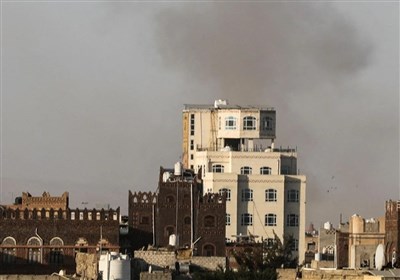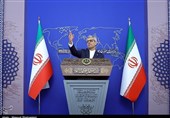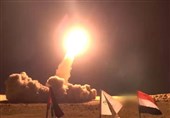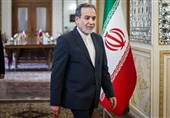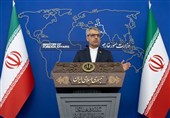Iranian Spokesman Calls Syria Peace Talks in Astana ‘Successful’
TEHRAN (Tasnim) – The recent negotiations held in the Kazakh capital of Astana on the Syrian crisis have been “successful” despite attempts by some countries to depict them as a failure, Iranian Foreign Ministry Spokesman Bahram Qassemi said Monday.
Speaking to reporters at his press conference in Tehran on Monday, Qassemi pointed to the second round of Astana talks which was held on Thursday and said the Syrian issue is very complex and therefore, hard work is needed to reach an understanding and resolutions.
“The Astana-2 talks were successful,” he said, adding, “Despite some special attempts to portray them as failed, we have been successful in institutionalizing the Astana talks.”
He also emphasized that there were differences of opinion among the representatives of the Syrian opposition groups, which made the Turkish delegation to participate in the talks with delay and at a lower level.
Speaking to the IRIB at the conclusion of the Astana talks earlier on Friday, Head of Iran’s diplomatic team in the Astana talks hailed a “calmer and more conciliatory” atmosphere in the peace talks than the previous round.
Iranian Deputy Foreign Minister for Arab and African Affairs Hossein Jaberi Ansari said the plenary meeting was held in a more peaceful atmosphere in comparison to the first round of the talks, something that was obvious in the tone of the Syrian opposition groups.
He also expressed the hope that the process of Astana negotiations and efforts by Iran, Russia and Turkey would lead to a swift end to a crisis that has engulfed Syria for six years.
Jaberi Ansari also stressed that Iran has done its utmost in the course of the peace negotiations by “setting aside the problems and differences” – without forgetting them- in order to pave the way for the achievement of a greater goal.
Diplomatic efforts to end fighting in Syria have gained momentum in recent weeks with the announcement of a ceasefire in the Arab country in early January.
The truce, which was negotiated between Russia, Iran, Turkey, the Damascus government and the Syrian opposition, excludes terrorist groups such as Daesh and Jabhat Fateh al-Sham.
The ongoing meeting in Astana is the second time key players have brought the warring sides together, and comes ahead of a new round of UN-led talks on Syria in Geneva on February 23.

